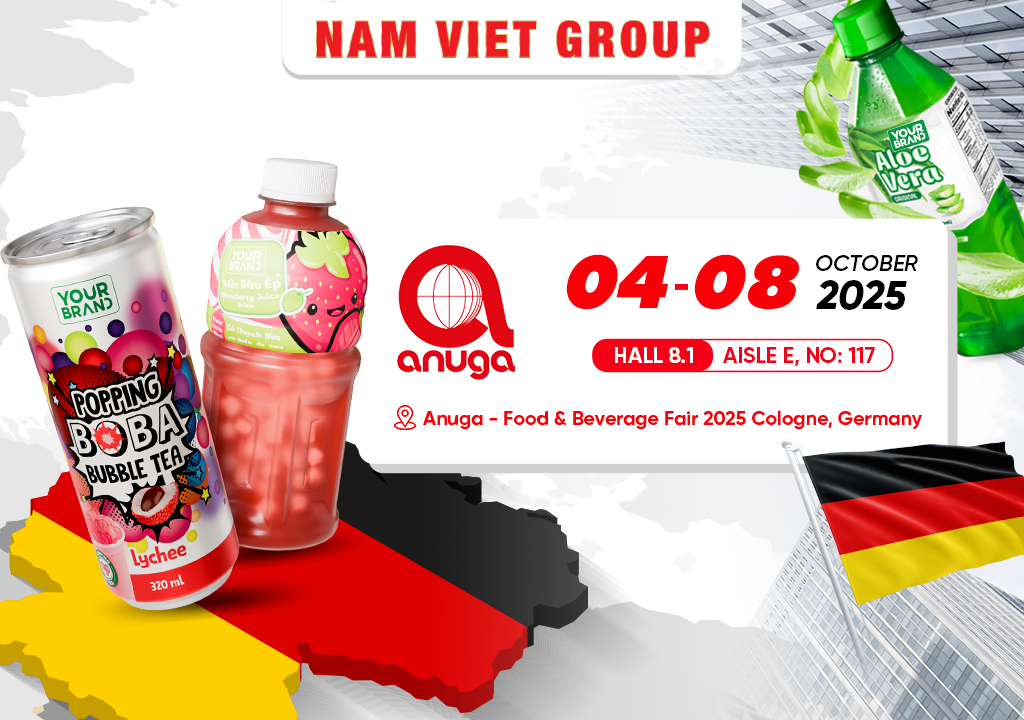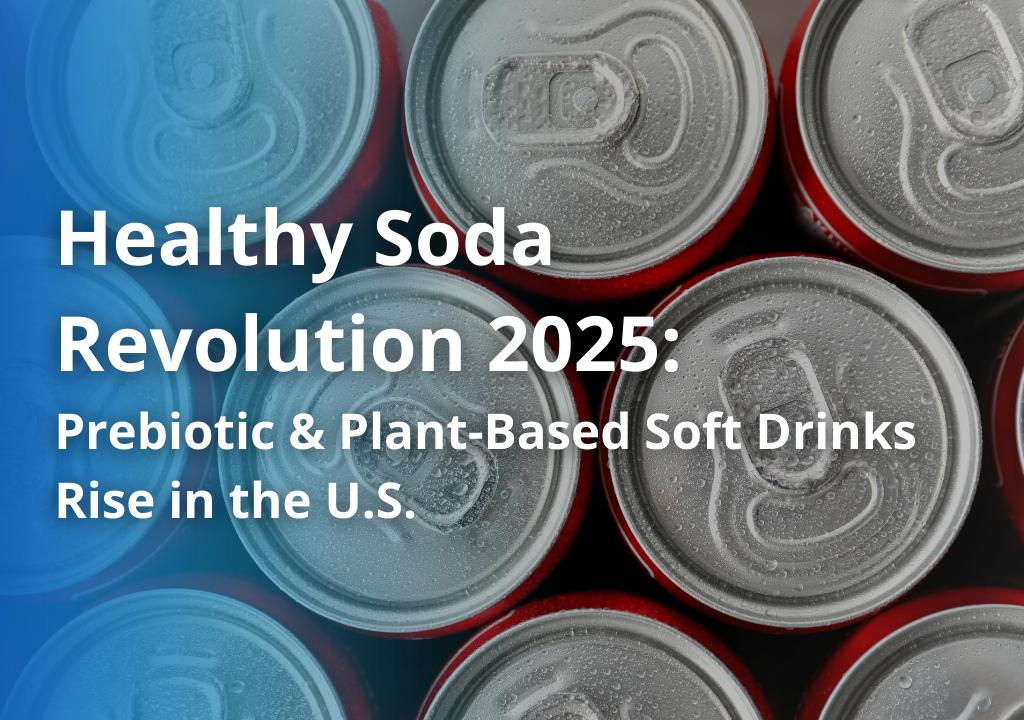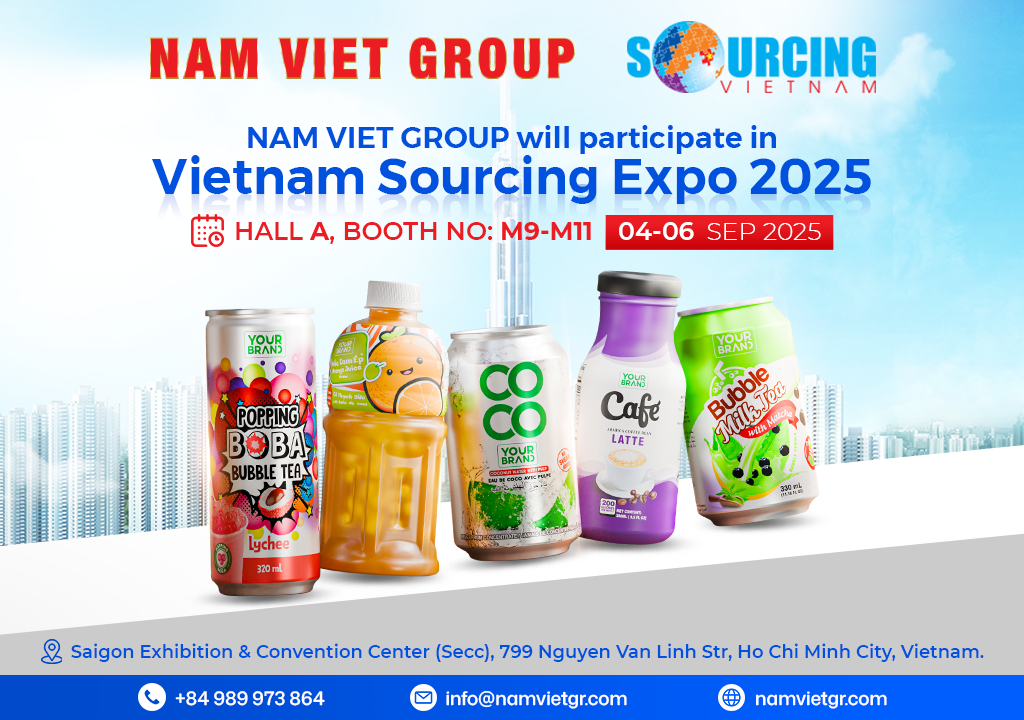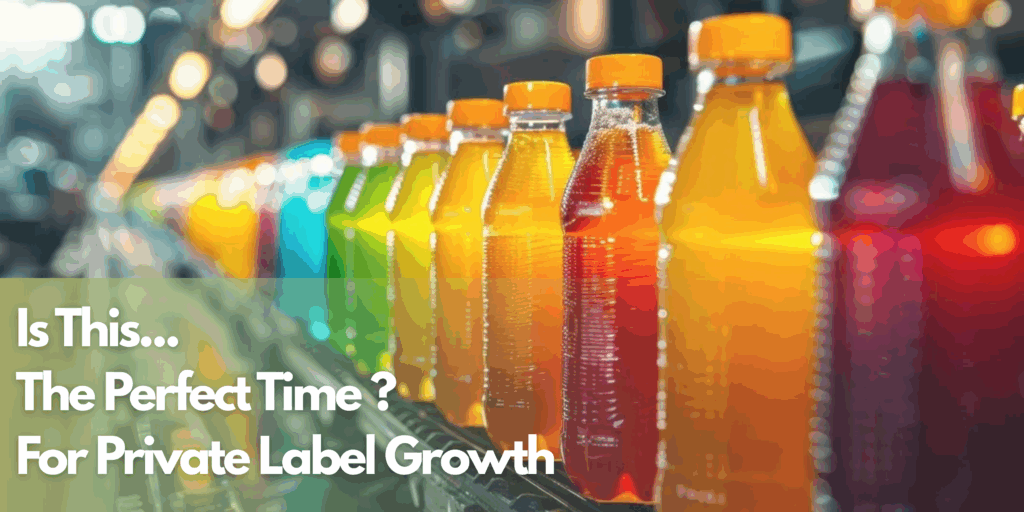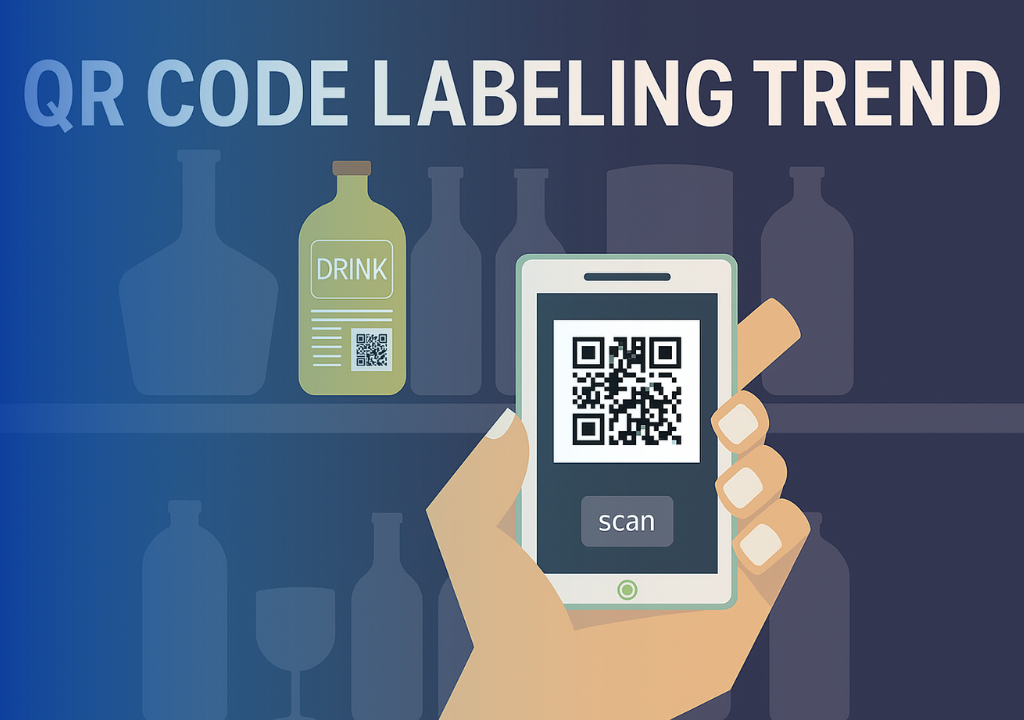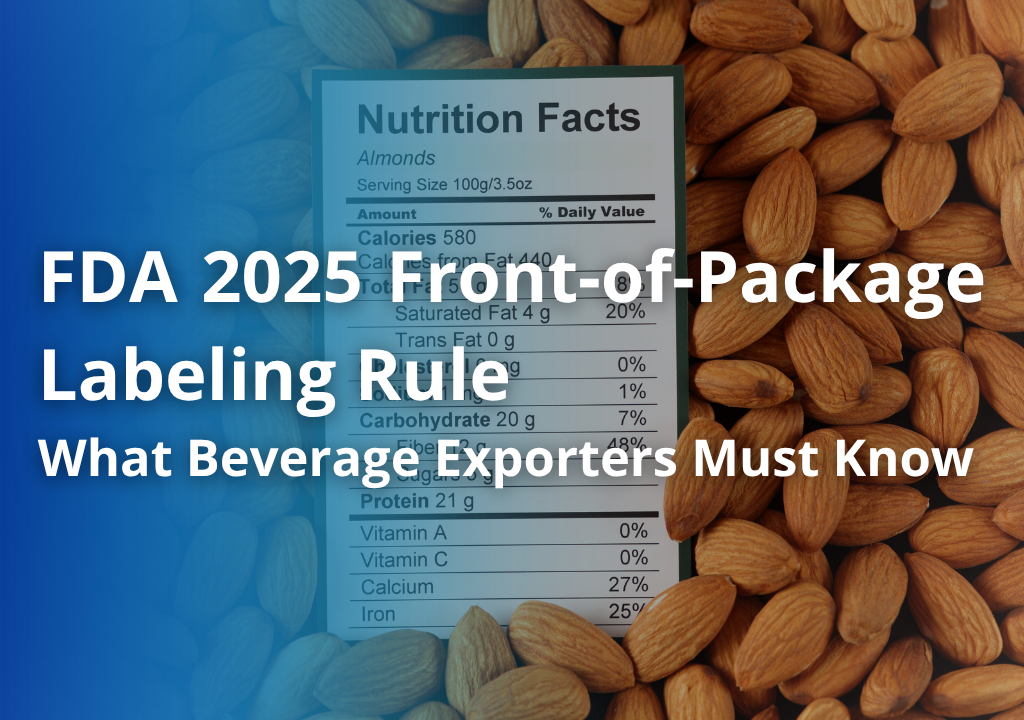UAE 2026 Sugar-Based Beverage Tax: What Exporters Need to Prepare
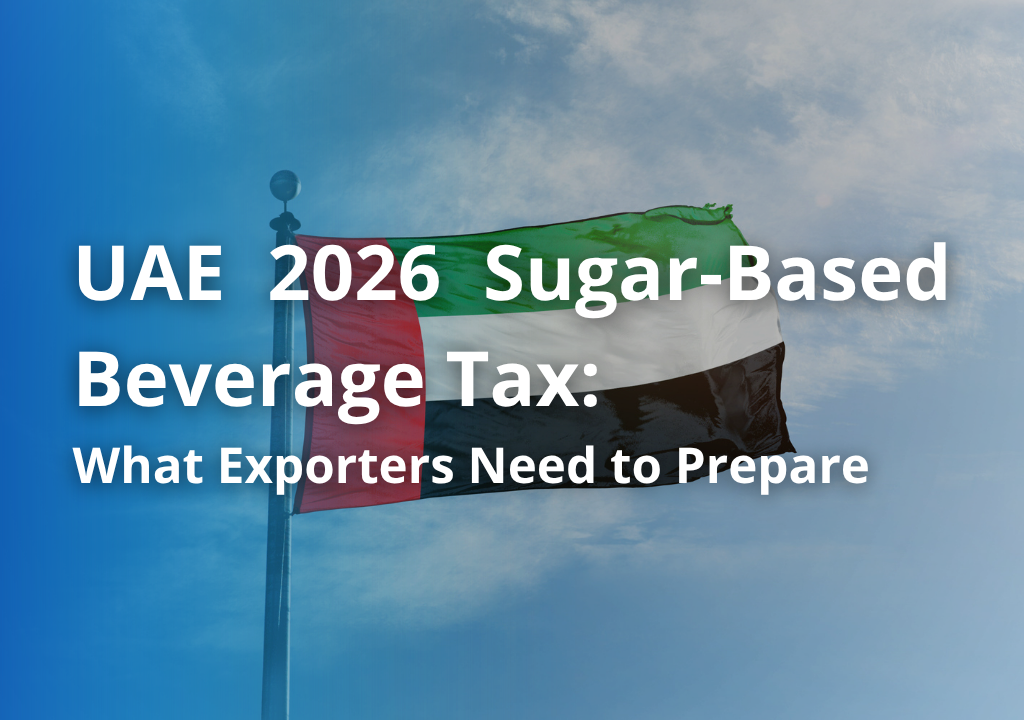
Why UAE Is Changing Sugar-Based Beverage Tax
Since 2017, UAE has imposed excise taxes—50% flat on sweetened and carbonated drinks, 100% on energy drinks—aimed at improving public health.
In July 2025, authorities announced a move to a volumetric, sugar-based tax model from 2026, aligning tax levels directly with sugar concentration in drinks.
This shift supports health goals by incentivizing lower-sugar formulations and encouraging manufacturers to reformulate.
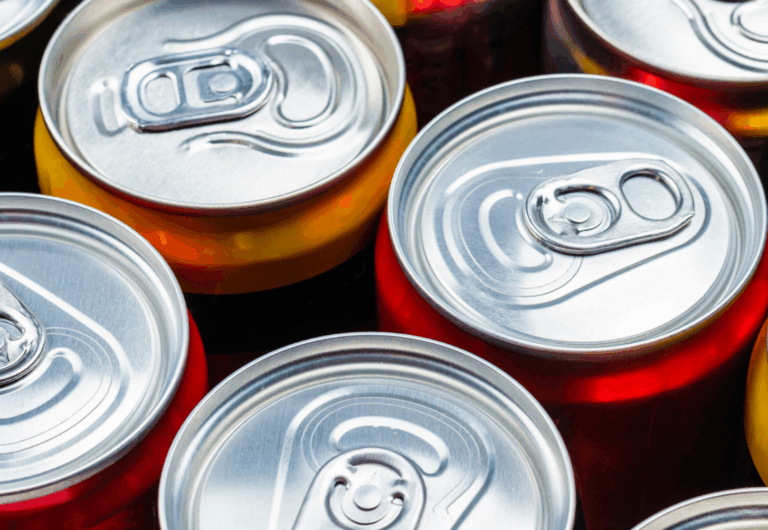
What the New Tiered Tax Means for Exporters
Tax calculation based on sugar content per 100 ml, not a flat rate.
Higher sugar = higher tax → drives price increase at retail.
Companies must:
- Provide accurate sugar analysis
- Submit documentation to UAE Federal Tax Authority (FTA)
- Adjust pricing and label claims to address tax implications
Steps Exporters Need to Take Now

1. Reformulate Products
- Reduce added sugar or switch to natural sweeteners
- Create low-sugar or no-sugar versions
2. Label & Formulation Testing
- Include sugar content per 100 ml for certification
- Maintain lab test reports for FTA audits
3. Pricing Strategy & VAT Planning
- Incorporate tiered tax into EUR or AED pricing
- Balance cost vs competitiveness
4. FTA Registration & Reporting
- Ensure export products are registered as excise goods via EmaraTax
- Maintain required records as per UAE excise rules
Benefits for Sugar-Conscious Beverage Trends
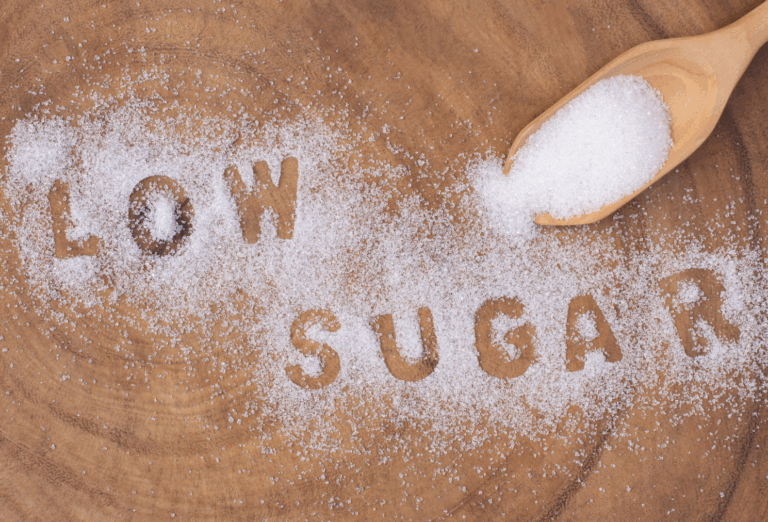
- Aligns with global consumer demand for lower-sugar, healthier drinks
- Encourage product innovation: functional waters, flavoured sparkling waters, natural sweeteners
- Provides greater market transparency and trade compliance
Timeline & Industry Support
- Legislation to be introduced in early 2026
- Awareness campaigns will be conducted by the Ministry of Finance and FTA to guide manufacturers
- Exporters have time to test, adapt, and engage with local authorities
Conclusion
UAE’s switch to a sugar-based excise tax for beverages marks a crucial change for exporters. Brands targeting the UAE market must act now:
- Reformulate for lower sugar
- Adjust labels and documentation
- Register as excise goods and incorporate tax into pricing
Proactive adaptation ensures compliance and positions companies ahead of competitors in a health-focused GCC market.
Nam Viet Group – A Trusted Partner for Sugar-Conscious Beverage Markets
As countries like the UAE tighten sugar-related regulations, global exporters must reformulate wisely and align with market-specific tax standards. Nam Viet Group is already adapting to this shift by offering export-ready beverage lines with no added sugar, natural fruit bases, and clean-label claims. From unsweetened coconut water to 100% fruit juices and aloe vera drinks, Nam Viet’s product portfolio fits the needs of sugar-regulated markets while maintaining compliance with international standards (FSSC22000, HACCP, FDA).
Explore Nam Viet Group's sugar-conscious beverage portfolio here.
Source: foodbusinessmea.com



